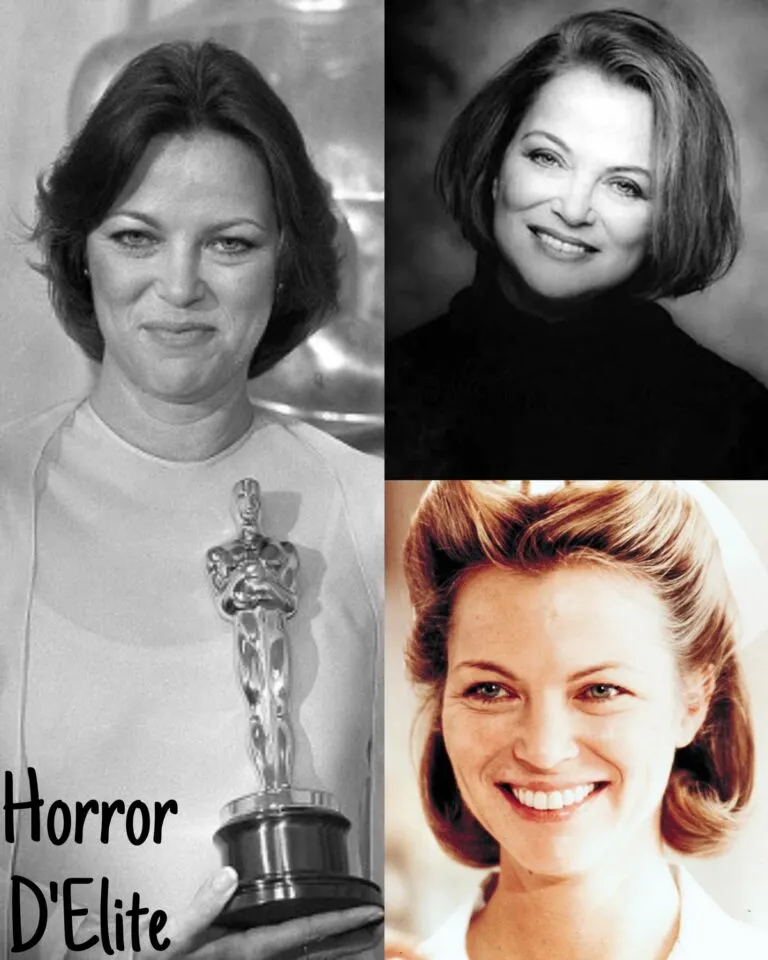Goodfellas
 Goodfellas by Martin Scorsese (1990)
Goodfellas by Martin Scorsese (1990)
The story of Henry Hill, an American of Italian-Irish descent, who rises through the ranks of the New York mafia in the 1950s.
Quote.
“For as long as I can remember, I always wanted to be a gangster.
To me, being a gangster was better than being president of the United States.”
(Henry Hill)
WISE GUYS, GOODFELLAS.
Theft, robbery, violence, and extortion. It’s all perfectly normal if you’re a “goodfella” and part of the mob family that rules the underworld of New York’s low neighborhoods.
Ambitious Henry Hill knows this well, engaged in his personal climb within the organization, starting from a far-from-privileged position.
His is a sort of inverted American dream, distorted, where success and personal fulfillment become selfishness and oppression, something that has nothing to do with common good and collectivity.
Only luxury, wealth, ostentation, personal well-being, and loyalty to the “family” count.
Everything is driven by animal impulses, without the slightest sense of guilt. Only the end result matters, no one cares about the consequences; the only purpose is to get rich, dishonestly and with minimal effort.
And it doesn’t matter if, in doing so, you end up losing your soul.
Considerations.
 Scorsese crafts an impeccable film, in every respect.
Scorsese crafts an impeccable film, in every respect.
The depiction of twenty-five years of the protagonist’s life is realized through an adrenaline-fueled pace that knows very few breaks.
All thanks to alternating editing and fast, incisive sequences, made up of virtuosic and sudden camera movements that follow the scene, almost becoming an integral part of it.
The screenplay was written by Scorsese himself and Nicholas Pileggi, adapted from the latter’s novel, “Wiseguy,” which in turn is based on the real-life experiences of informant Henry Hill.
The entire cast delivers outstanding performances, starting with De Niro, who dominates the scene with unforgettable facial expressions and gazes.
The late Ray Liotta is excellent at conveying all the ambition of his character, a sort of self-made man whose sole objective is to succeed within the criminal organization.
And then there’s Joe Pesci, who rightfully receives an Oscar for Best Supporting Actor for his second collaboration with Scorsese, after “Raging Bull.”
His Tommy DeVito remains engraved in collective memory: a mad, unpredictable, and violent man








